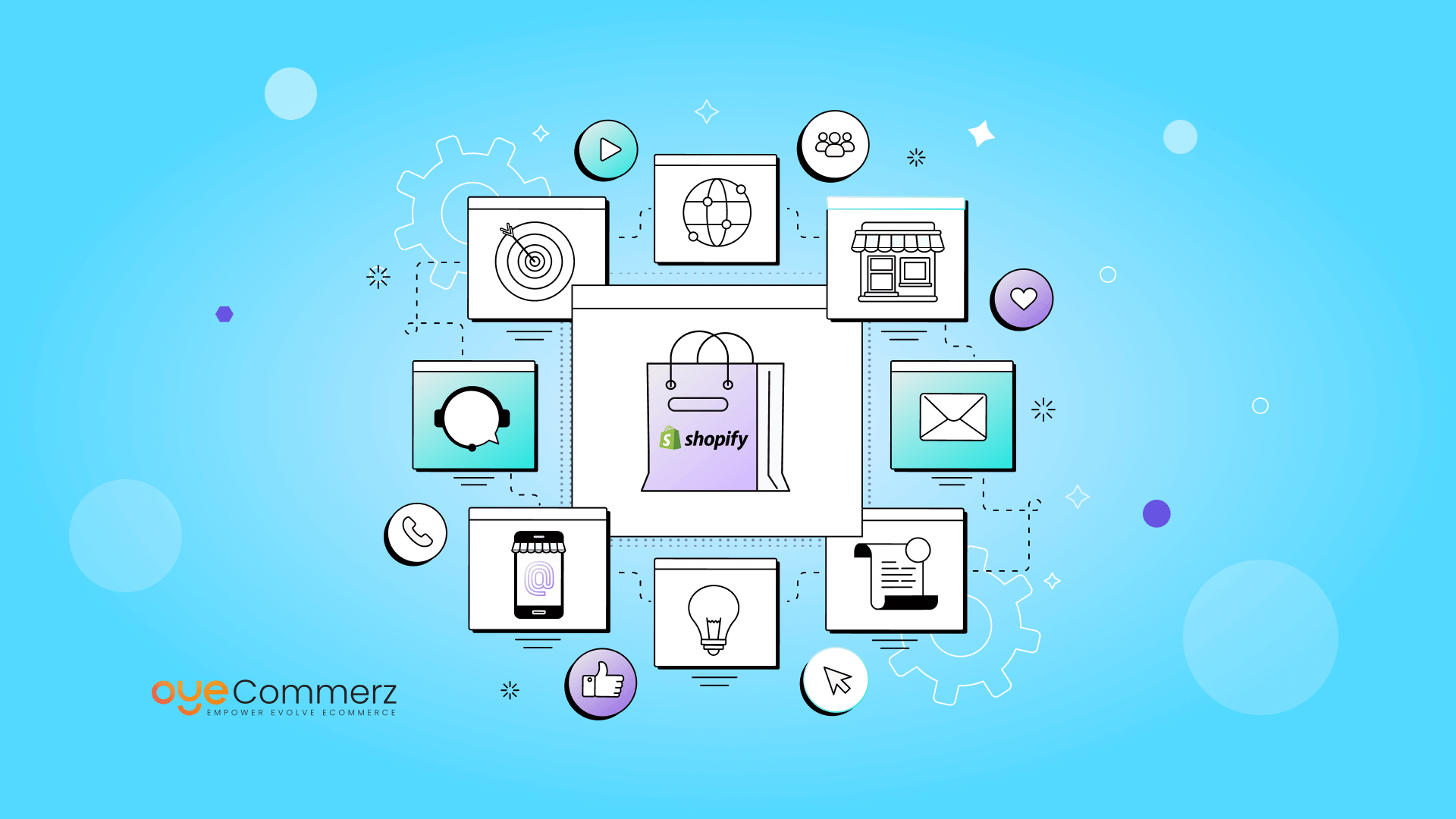Introduction
In the current competitive e-commerce environment, differentiating is paramount, and a top method to differentiate a Shopify store is through tailored app development. A robust Shopify app can boost store capabilities, simplify processes, and boost customer interaction. This article explores key aspects of Shopify app development, covering API integration and app ecosystem to growth techniques and promotion methods, offering a roadmap for companies seeking unmatched store efficiency.
Why Shopify API Integration Matters
Shopify’s API provides powerful tools to personalize and expand store capabilities. With the GraphQL and REST API options, developers can access data to build applications that handle inventory control, order handling, and customer data management smoothly. Integrating Shopify’s API can enable improved workflow automation and allows stores to serve customers more efficiently.
Adopting the Polaris Design System
Polaris is Shopify's design system for creating intuitive and accessible Shopify apps. By following Polaris guidelines, developers guarantee that apps integrate smoothly within the Shopify Admin interface. This provides a cohesive appearance that resonates with Shopify merchants, encouraging ease of use and comfort for merchants using your tailored app.
Understanding the Shopify App Ecosystem
The Shopify app ecosystem provides numerous opportunities for enhancing e-commerce sites. From handling order fulfillment to boosting customer engagement, apps in this ecosystem are designed to meet diverse business needs. Learning about this system assists developers in identifying unique app opportunities and enables smooth connections of third-party services that enhance the store.
Building Embedded Shopify Apps
Embedded apps integrate directly within the Shopify Admin, allowing a seamless experience for merchants. They allow merchants do not need to navigate away from their Shopify control panel, simplifying their process. Using Shopify App Bridge and embedded app capabilities is a best practice for offering a cohesive, well-integrated user environment.
Using Node.js and React for Shopify Apps
The technologies Node.js and React have emerged as ideal tools for Shopify app creation. Node.js enables high-performance back-end services, while React allows for interactive and adaptive front-end design. Together, they offer an strong framework for creating speedy, scalable Shopify apps that improve store performance and customer interaction.
Utilizing Webhooks in Shopify Development
Webhooks enable instant data updates between Shopify and an outside application. They initiate events such as order creation Shopify e-commerce solutions or stock changes and provide immediate alerts to your app. By utilizing webhooks, apps can provide up-to-date information to store owners, streamlining workflows and increasing efficiency.
Engaging Customers Through Digital Marketing for Shopify Apps
To ensure Shopify app success, engaging customers is crucial. Using digital marketing strategies like SEO, email marketing, and social media campaigns can increase app usage. Additionally, creating applications with customer interaction as a focus (e.g., loyalty programs or personalized suggestions) boosts user loyalty and satisfaction.
Making Your Shopify App Scalable
As e-commerce stores expand, so do their technology requirements. Making sure that your app can scale to handle increased traffic, larger databases, and more complex functionalities is essential. By optimizing server capacity and implementing scalable solutions, you can create apps that expand in tandem with a store’s success.
Important Features and Maintenance Tips for Shopify Apps
For an app to be effective, it should include essential features like user authentication, dashboard analytics, and support channels. Ongoing app upkeep, with updates to fix bugs and compatibility checks with new Shopify features, is vital to ensure uninterrupted performance and avoid interruptions to business processes.
Conclusion
Custom Shopify Shopify app ecosystem app development holds vast potential for e-commerce businesses, providing the chance to enhance store functionality, simplify operations, and build customer relationships. With API integrations and Node.js to focusing on scalability and customer engagement, building a Shopify app involves thoughtful preparation and strategic execution. If you’re prepared to unlock your store’s full potential, a tailored Shopify application may be the ideal choice. What capabilities do you see for your ideal app? Share your thoughts and begin the journey to an optimized e-commerce experience!
